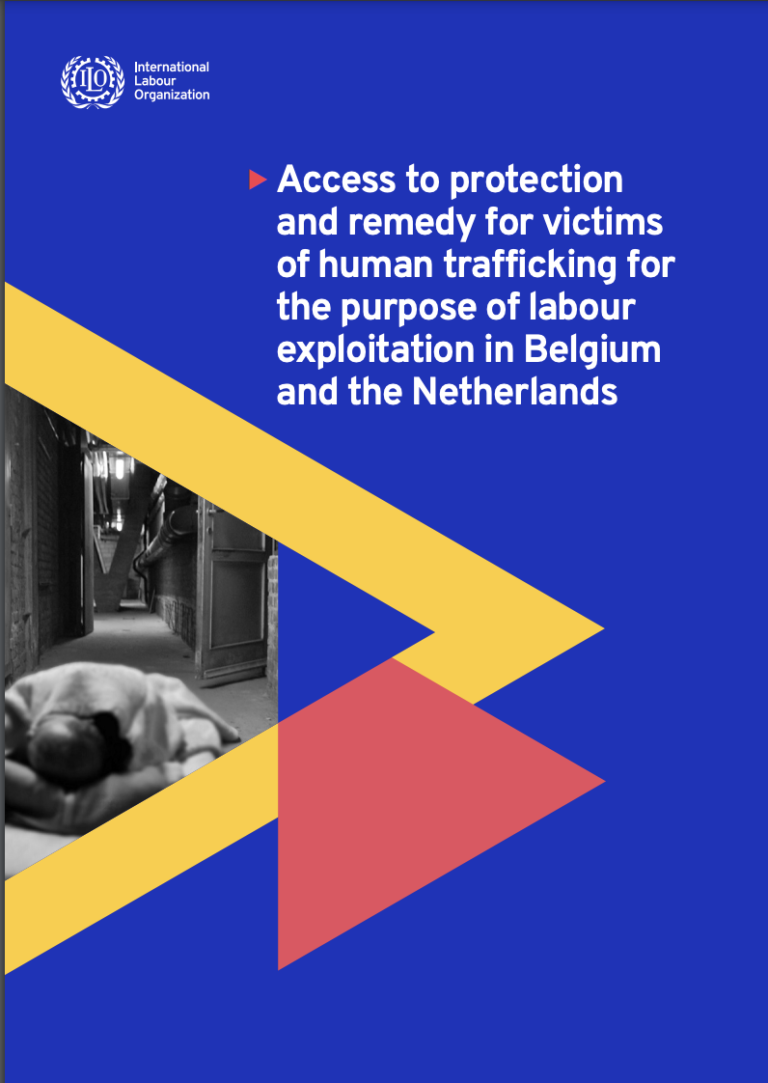According to the latest ILO global estimates, 25 million people are victims of forced labour. This issue concerns all regions in the world. UN Sustainable Development Goal 8 on Decent Work and Economic Growth includes a target 8.7 for which the international community set itself the objective to eradicate forced labour, modern slavery and human trafficking by 2030 and all forms of child labour by 2025. The ILO has been spearheading the efforts of the Alliance 8.7, an inclusive global partnership which aims to catalyse action to achieve this target. Since the adoption of the landmark Protocol of 2014 to the Forced Labour Convention, 1930 (No. 29), renewed emphasis has been given within the ILO normative framework on access to protection and remedy for victims of forced labour and human trafficking victims.
Belgium and the Netherlands have been members of the ILO since its creation in 1919. Both countries have ratified many of the ILO Conventions, including the fundamental Conventions, and both countries have recently ratified the Protocol of 2014 to the Forced Labour Convention, 1930 (No. 29). Belgium and the Netherlands are globally and regionally recognised for their handling of anti-trafficking law and policy. They have labour inspectors, judges and prosecutors who have received special training on human trafficking and both countries identify a relatively high number of victims compared to many other EU Member States.
This report examines the access to protection and remedy for victims of human trafficking for the purpose of labour exploitation that are available in these two countries. As in practice, the prosecution of many cases of human trafficking is not successful, importantly, this report examines avenues to remedy other than criminal proceedings for human trafficking as well. The study is based on desktop research complemented by interviews with selected practitioners from different professional categories in both countries.
While the scope of the report is limited, the findings provide key insights from frontline professionals and the priorities that are in place in their specific national context. The findings, good practices and points for action aim to provide inspiration and reflection on improving access to protection and remedy for (potential) victims of human trafficking for the purpose of labour exploitation in the two countries and beyond.

